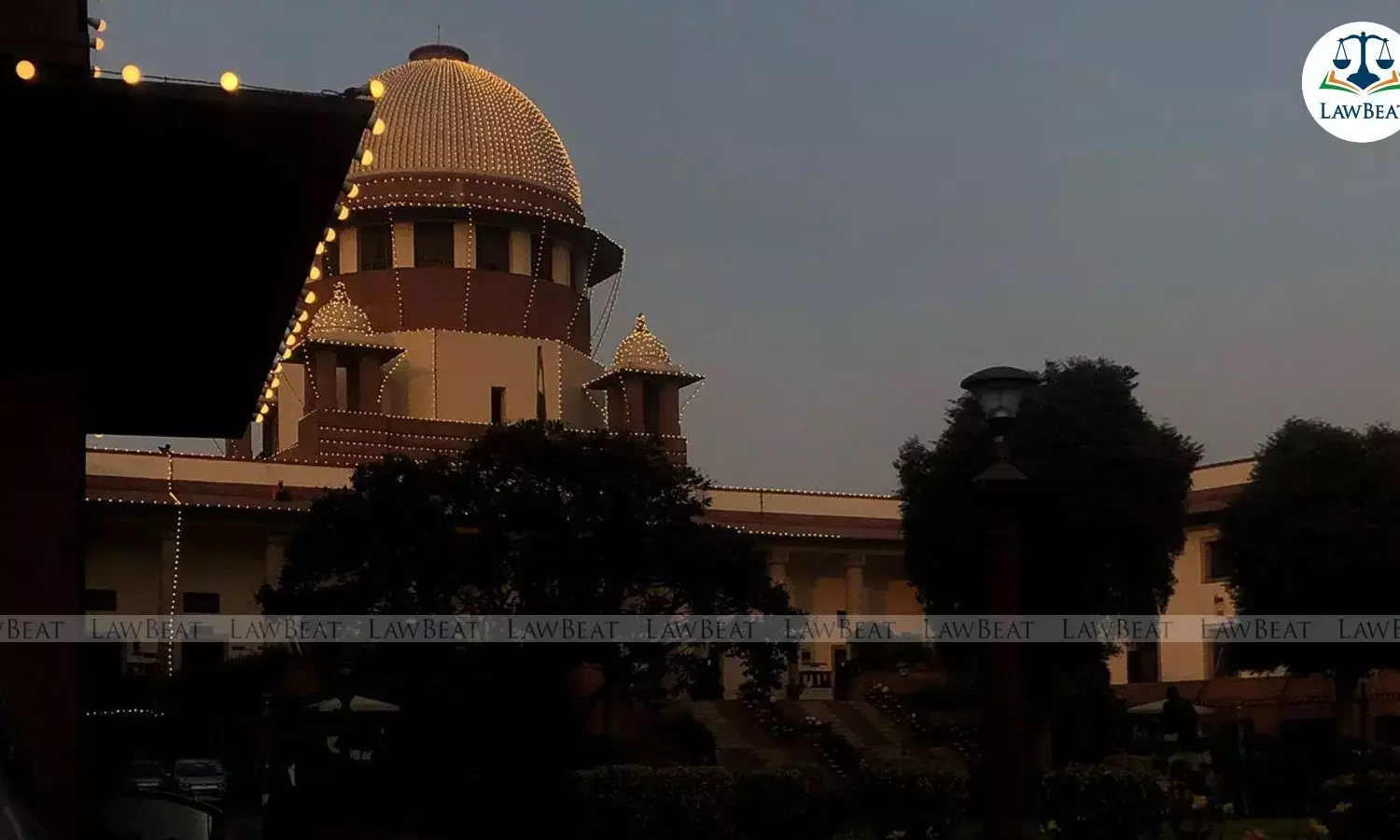Can Power Companies and State Boards Privately Decide Electricity Tariffs? Supreme Court Clears the Air

Is regulatory approval mandatory for electricity PPAs in India?
On August 29, 2025, the Supreme Court of India delivered an important ruling that clarifies the law on electricity tariffs and power purchase agreements (PPAs). The Court held that a generating company and a distribution licensee cannot privately agree to fix electricity tariffs or execute PPAs without seeking the review and approval of the State Electricity Regulatory Commission under Section 86(1)(b) of the Electricity Act, 2003.
A bench of Justices Sanjay Kumar and N.V. Anjaria stated that fixing the price for the purchase of electricity is not a matter that can be left to private negotiation. The tariff, as well as the agreement incorporating such tariff, necessarily has to be reviewed and approved by the State Commission. This ruling removes uncertainty over whether power producers and state electricity boards could bypass the regulator by signing private agreements.
The case arose from an appeal filed by M/s KKK Hydro Power Limited, Faridabad, against a 2014 judgment of the Appellate Tribunal for Electricity (APTEL). The company’s dispute with the Himachal Pradesh State Electricity Board (HPSEB) concerned a 4.9 MW hydro power project. The original PPA was signed on March 30, 2000, but in 2010 the company entered into a supplementary PPA with HPSEB stipulating a higher tariff of Rs 2.95 per kWh for an additional 1.9 MW plant. When the Himachal Pradesh Electricity Regulatory Commission (HPERC) reviewed the arrangement, it rejected the supplementary PPA in 2013, holding that the tariff could not be enforced without regulatory approval.
KKK Hydro Power challenged that decision before APTEL, which partly allowed its claim in 2014. APTEL held that the supplementary PPA of 2010 could be given effect to in respect of the additional 1.9 MW plant, applying the tariff of Rs 2.95 agreed between the parties. However, APTEL’s ruling overlooked the statutory requirement that any PPA or tariff arrangement must be approved by the State Commission.
The Supreme Court found that APTEL had misguided itself on crucial aspects. The bench held that the Commission was right to ignore the supplementary PPA of 2010, as it had not been placed before the regulator for approval. Yet, the Court also noted that since HPSEB had not challenged APTEL’s order and had accepted its directions to approach the Commission for tariff computation, it would not interfere with the matter at this late stage.
The bench was mindful that a revised tariff of Rs 2.60 per kWh, based on weighted average calculations by HPERC, had been fixed in a subsequent supplementary PPA dated November 3, 2015. This tariff has been in operation for several years. The Court said it did not wish to disturb this arrangement, explaining that it would be impractical to “upset the apple cart” after so much time.
However, the Court dismissed the plea of KKK Hydro Power that it should be granted the higher tariff of Rs 2.95 per kWh for the entire project, including the 3 MW plant covered by the original 2000 PPA. The judges found no merit in this argument. They explained that the original PPA, signed before the establishment of the Himachal Pradesh Electricity Regulatory Commission, placed the company in a different category and it could not claim parity with projects that signed PPAs later.
Even as it dismissed the appeal, the Court clarified the legal position in unambiguous terms. It ruled that a generating company and a distribution licensee cannot, by private agreement, execute a PPA or stipulate tariff as per their choice for the supply of electricity within a State. Such agreements must always be placed before the State Commission for approval. This clarification is aimed at preventing similar errors in future cases and ensuring that consumers are not exposed to arbitrary or inflated tariffs.
The Court also noted that while the appellant cannot enforce its claim for higher tariff, it is open to approach the Himachal Pradesh Electricity Regulatory Commission for appropriate relief under the amended provisions of Regulation 6 of the HPERC (Power Procurement from Renewable Sources and Cogeneration by Distribution Licensee) Regulations, 2007.
The precedent establishes that tariff fixation is not a private affair but a regulated process under the Electricity Act, 2003.
In conclusion, the Supreme Court dismissed the appeal of M/s KKK Hydro Power Limited but used the case to reaffirm the statutory mandate of Section 86(1)(b). While the company benefitted earlier because HPSEB did not appeal APTEL’s ruling, the Court has now made the law clear for the future. Power purchase agreements and tariffs cannot be decided privately. They must always pass through the scrutiny and approval of the State Electricity Regulatory Commission.
Case Title: M/s KKK Hydro Power Limited Vs Himachal Pradesh State Electricity Board Limited & Ors
Judgment Date: August 29, 2025
Bench: Justices Sanjay Kumar and N.V. Anjaria
